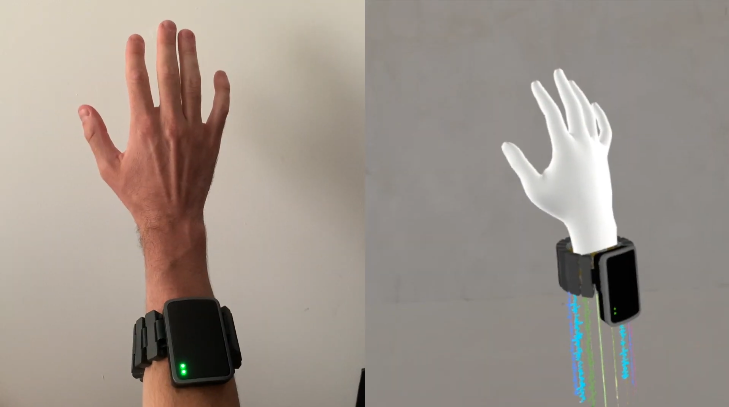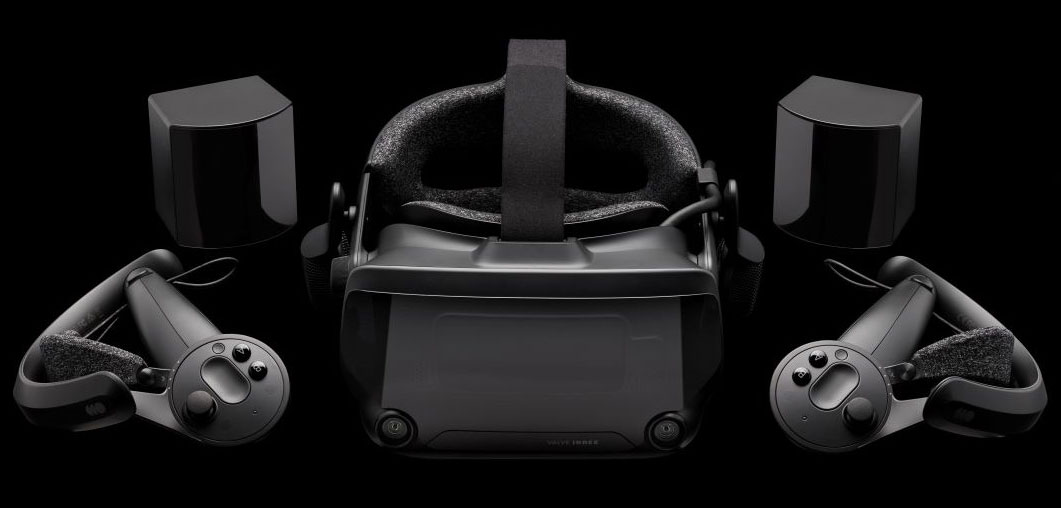Meta's experimental 'neural' wristband controller will be a real product that lets you type just by thinking because Zuck doesn't want 'a chip that you jack into your brain'
A neural interface that doesn't require an implant or terrifying needles.

Fancied some hot neural-machine interfacing action but not totally sold on a chip buried in your head by Neuralink's slightly (completely) terrifying robosurgeon and its nightmarish needle? Then good old Zuck' and Meta have something for you.
It's a wristband that tracks hand and finger movements by detecting the neural electrical signals passing through the nerves in your arm using an entirely non-invasive technique called electromyography. Sounds much more friendly? Yes. And yet no.
Meta showed off the device as an experimental prototype back in 2021. Now Meta CEO Mark Zuckerberg says the company is working on bringing it to market. "We've been working on this for a while, it's not a one year project. But we're quite a few years into it and we're close to having something, to having a product in the next few years," Zuckerberg revealed in an interview on the Morning Brew Daily (via UploadVR).
Now, if you're thinking, so what, this is just a fancy way to move a mouse pointer or game controller... not so fast. Inevitably, Meta's vision is much more profound than that, for better and worse.
"I don't mean like a chip that you jack into your brain," he says, "I wouldn't want to use version one of that." Uh huh. According to His Zuckness, our nervous system has lots of spare bandwidth such that we can use its signalling to send control inputs without necessarily making significant physical movements.
"There's all this extra signal that your brain can send that's not currently being used to move your fingers and in the future you will essentially be able to type or control something by thinking about how you want to move your hand."

Best VR headset: which kit should you choose?
Best graphics card: you need serious GPU power for VR
Best gaming laptop: don't get tied to your desktop in VR
He foresees a "completely private and discrete interface" where you can communicate with AI or other people in real time without any apparent signs that you're doing so.
The biggest gaming news, reviews and hardware deals
Keep up to date with the most important stories and the best deals, as picked by the PC Gamer team.
It's not hard to imagine the benefits, but it's also a bit nightmarish. How soon before people standing around talking in a group IRL actually start sending snarky comments about each other under the ether, a bit like IM side chats in a Zoom meeting?
Anyway, add this to the list of white hot new technologies that are as unsettling as they are exciting. Seriously, people, it's hard to predict where it's all going, what with stuff like this and the whole panoply of AI technologies exploding onto the scene. But one thing's for sure, it's not going to be dull.

Jeremy has been writing about technology and PCs since the 90nm Netburst era (Google it!) and enjoys nothing more than a serious dissertation on the finer points of monitor input lag and overshoot followed by a forensic examination of advanced lithography. Or maybe he just likes machines that go “ping!” He also has a thing for tennis and cars.


